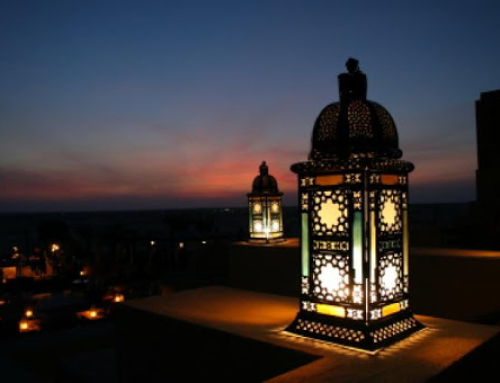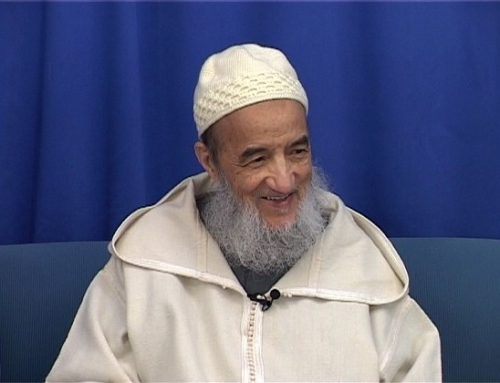Abdelhak Bzioui
June 23, 2015
Since Ramadan is the month of reviving our relation with the Qur’an, the latter needs to be at the heart of every Muslim’s project in this holy month. God (Glorified be He) says: “The month of Ramadan [is that] in which was revealed the Qur’an, a guidance for the people and clear proofs of guidance and criterion (between right and wrong)” (Surat Al-Baqarah, verse 185). Thus, it is recommendable for every Muslim to increase the pace of reciting, contemplating, understanding and studying the Qur’an.
Our righteous ancestors who set the example for us used to celebrate Ramadan in their own special ways. Abdur-Razzak narrated that Sufyan Al-Thawri, whenever Ramadan came, would leave all other acts of worship (the voluntary ones), and would turn to reciting the Qur’an. Aisha (the mother of the believers) would recite the Qur’an before sunrise in the month of Ramadan and after the sun would rise, she would sleep (1) .
Equally, Sufian said: “Whenever Ramadan came, Zabid Al-Yamani used to bring copies of the Qur’an and call his companions to him to engage in reciting it”. In addition, at the arrival of Ramadan, Al-Zuhri would say: “This month is all about reciting the Quran and feeding the hungry”. Moreover, Ibn Abdel-Hakam reported that whenever Ramadan arrived, Malik used to leave reciting the hadith (statements of the Messenger) and suspend his seminars with scholars in order to engage in reciting the holy Qur’an. It is noteworthy that our righteous ancestors used to cherish a special penchant for looking at the Qur’an while reciting it, considering that the very look at the Book of God is a great worship.
It is also reported that Imam Shafi‘i used to recite the entire Qur’an sixty times in the holy month, with an average of two times a day, apart from the chapters or verses he read in regular prayers. Imam Abu Hanifa also used to do almost the same thing (2) .
The believer in Ramadan combines daytime and night-time worship so that s/he would earn the greatest amount of reward. It is narrated in the Musnad by Abdullah Ibn ‘Amr that the Messenger of God (God bless him and grant him peace) said: “Daytime fasting and night time Salat (ritual prayer) intercede for the servant on the Day of Judgment. The fast would say, O Lord! I prevented him from eating and drinking all through the day; while night prayer would say, O Lord! I prevented him from sleep at night. Permit me to intercede for him. Then, they are both permitted to intercede” (3) .
Imam Ahmad Ibn Hanbal verified and reported that Burayda narrated that the Prophet (God bless him and grant him peace) said: “Qur’an, in the shape of a pale man, encounters his companion when he is resurrected and says: do you recognize me? I am your companion who caused you thirst in the scorching heat and made you stay up late at night. Every tradesman keeps an eye on his own trade. Then, the companion of the Qur’an is granted sovereignty and eternity in his left hand and crowned with serenity. Later, he is asked to recite and climb the stairs of heaven and its rooms. The more he recites, the higher he climbs” (4) .
References
| ↑1 | Ibnu Rajab Al-Hanbali (2004) Ta’if Al-Ma’arif Fima Limawasim Al- ‘Am Mina Al-Wada’if. Dar Ibnu Hazm Littab’a wan-Nashr, p. 138 |
|---|---|
| ↑2 | Ibid, p. 137 |
| ↑3 | This hadith was verified and narrated by Ahmad (hadith n°6626) and by Al-Hakim in his Mustadrak (hadith n°554/1) |
| ↑4 | This hadith is narrated by Ahmad in his Musnad (hadith n°22846), by Ibnu Majah (n°3781) and by Ad-Darami (n°3391) from Ibnu Burayda from his father |
















